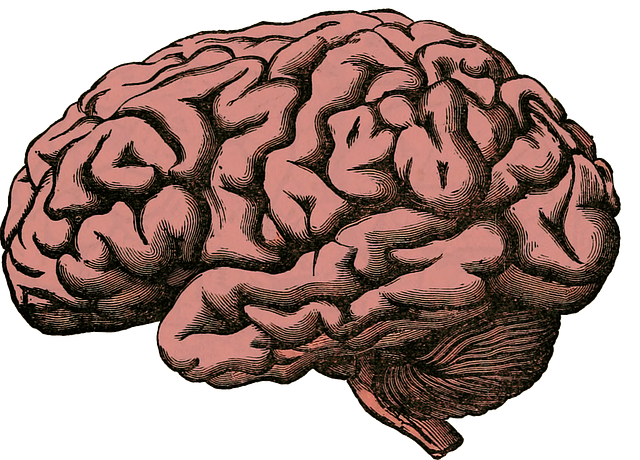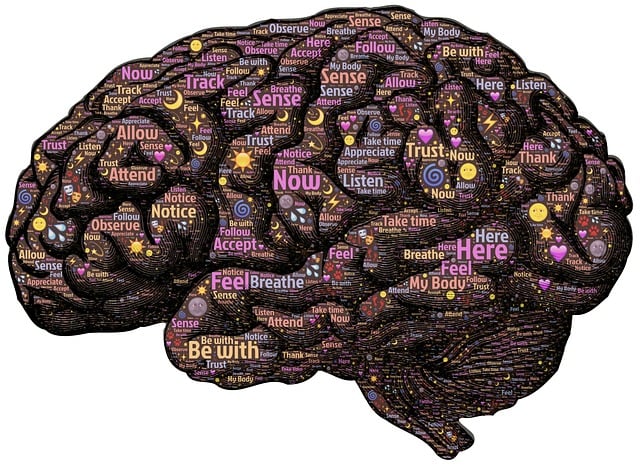Understanding the unique challenges faced by elderly communities, such as loneliness and reduced mobility, highlights the importance of tailored community outreach programs. Online therapy platforms offer accessible mental health services that address these issues, fostering social connections, emotional healing, and conflict resolution. By integrating digital technology, these programs overcome geographical barriers, expand reach, and reduce stigma. Successful implementation requires strategic partnerships with local organizations, cultural competency training for healthcare providers, and building trust through open communication and tailored services. Measuring success involves evaluating both qualitative and quantitative outcomes, ensuring ongoing refinement to meet the evolving needs of the elderly population.
Community outreach programs play a vital role in enhancing the well-being of elderly populations. This article delves into the strategic implementation of such initiatives, focusing on addressing the unique needs of seniors. We explore the benefits of online therapy as a game-changer for accessible and effective care. By understanding barriers to access, building trust, and measuring success, communities can revolutionize mental health support. Discover strategies to foster connections, ensuring every elderly individual has the resources they need, right at their fingertips.
- Understanding the Needs of Elderly Communities
- Benefits of Online Therapy for Seniors
- Strategies for Effective Community Outreach Programs
- Building Trust and Overcoming Barriers to Access
- Measuring Success and Continuous Improvement
Understanding the Needs of Elderly Communities

Understanding the unique needs of elderly communities is a crucial step in designing effective community outreach programs. As people age, their physical and mental health requirements often change significantly. Many elders may face challenges such as loneliness, isolation, or reduced mobility, which can impact their overall well-being. Online therapy platforms have emerged as a valuable tool to address these issues, providing accessible mental health services tailored to the specific needs of this demographic.
Elderly individuals often value social connections and community engagement. Implementing programs that foster interpersonal interactions and emotional healing processes can be transformative. Through virtual sessions, online therapy offers a means of delivering essential psychological support while considering risk management planning for mental health professionals. Conflict resolution techniques can also be integrated into these online platforms to address intergenerational or peer conflicts, promoting a sense of belonging and improved mental health outcomes in the elderly community.
Benefits of Online Therapy for Seniors

The implementation of online therapy for seniors brings a multitude of benefits to both the individuals seeking support and the community at large. In an era where digital connectivity is prevalent, this approach offers a convenient and accessible solution for elderly individuals who may face barriers in attending traditional in-person therapy sessions due to mobility issues or living in remote areas. Online platforms provide a safe and confidential space for seniors to openly discuss their concerns, be it managing chronic conditions, coping with loneliness, or addressing cognitive decline.
By integrating online therapy, mental wellness initiatives can reach a wider audience, including those who might otherwise be excluded from conventional care. This method facilitates the delivery of mental health education programs designed specifically for older adults, fostering a greater sense of community and connection. Moreover, public awareness campaigns development around online therapy can empower seniors to take charge of their mental health, promoting proactive engagement and potentially reducing the stigma associated with seeking professional support.
Strategies for Effective Community Outreach Programs

Implementing successful community outreach programs requires a strategic approach to effectively connect with and serve diverse populations. One key strategy for organizations offering services like online therapy for elders is to tailor their initiatives to the specific needs and preferences of the target demographic. This may involve partnering with local senior centers, churches, or community organizations to host events and workshops focused on mental wellness and stress management. By offering these programs in familiar settings, you increase accessibility and comfort levels for older adults who might be hesitant to engage in online therapy.
Additionally, ensuring cultural competency among healthcare providers is essential. Training sessions that educate staff on the diverse cultural backgrounds of community members can enhance service delivery. This is particularly relevant when introducing innovative solutions like online therapy, as it requires a deep understanding of potential cultural barriers and how to overcome them. Incorporating stress management workshops designed with cultural sensitivity can foster trust and encourage participation, ultimately improving outcomes for programs focusing on mental wellness in the community.
Building Trust and Overcoming Barriers to Access

Building trust is a cornerstone when implementing community outreach programs, especially those focusing on mental health support for elders. Many older adults may be hesitant to engage with online therapy or mental wellness coaching programs due to concerns about privacy, technology barriers, and mistrust of new initiatives. Outreach workers must address these barriers by fostering open communication, ensuring confidentiality, and providing clear explanations of program benefits. Tailoring services to meet the unique needs and preferences of this demographic is essential.
By emphasizing the advantages of online therapy, such as accessibility from home and flexibility, along with promoting self-care practices specifically designed for elders, programs can overcome initial resistance. Raising mental health awareness through community discussions and peer support networks helps break down stigma and encourages individuals to view these services as valuable resources for enhancing their overall mental wellness.
Measuring Success and Continuous Improvement

Measuring the success of community outreach programs, especially those offering online therapy for elders, is a vital step in ensuring their long-term effectiveness. It involves evaluating both quantitative and qualitative aspects to gauge the program’s impact on participants’ lives. By collecting feedback from the elderly individuals receiving online therapy, organizers can understand the improvements in their emotional well-being, coping skills development, and overall satisfaction with the service. This data provides valuable insights into what works best and where there is room for enhancement.
For instance, focusing on empathy building strategies within these programs has shown promising results in fostering emotional healing processes. Continuous improvement can be achieved by analyzing participant feedback to refine therapy techniques, making them more tailored and impactful. Regular assessment allows community outreach initiatives to adapt to the evolving needs of the elderly population, ensuring that online therapy remains a valuable resource for their mental health and social engagement.
Community outreach programs that incorporate online therapy services can significantly improve access to mental health care for elderly individuals. By understanding their unique needs, leveraging the benefits of online therapy, and employing effective strategies, we can build trust and overcome barriers to provide much-needed support. Continuous improvement, measured through robust evaluation metrics, ensures these programs remain impactful and relevant in meeting the evolving mental health demands of our aging population. Incorporating digital solutions alongside personalized outreach is a promising game-changer in senior care.














